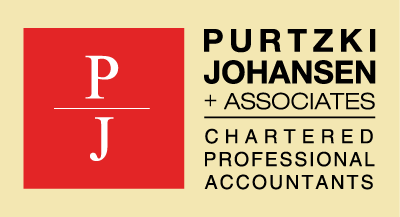
The government announced the Canada Emergency Commercial Rent Assistance program (CECRA) for small businesses.
The CECRA will be available to eligible small businesses, meaning small business tenants that pay less than $50,000 per month in rent, that have temporarily ceased operations or experienced a 70% drop in pre-COVID-19 revenues, and which rent their commercial space from mortgaged property owners.
The CECRA will provide forgivable loans to qualifying, commercial property owners to cover 50% of the rent otherwise payable by eligible small businesses during April, May and June. These loans will be forgiven if the owners agree to reduce their tenants’ rent by at least 75% for the three months. The CECRA requires that the rent forgiveness agreements include the following terms:
- the tenant will be responsible for paying 25% of its monthly rent;
- the owner will be responsible for covering 25% of the monthly rent that would otherwise be paid to it; and
- the federal government and provinces will share responsibility for the remaining 50% by way of a forgivable loan disbursed directly to the owner’s mortgage lender.
The rent forgiveness agreement must also include a term not to evict the tenant while the agreement applies.
It appears that the CECRA will be in place by mid-May, meaning that it will provide retroactive relief for April and May and further relief for June, 2020.
It remains unclear at this time if there will be relief for small businesses in respect of properties that are mortgage-free, but it is suggested that owners of such properties contact the Canada Housing and Mortgage Corporation to discuss options in that regard. We will await the release of actual legislation before we can confirm who may be eligible.
You deferred the rent. Why do you still have to pay the GST?
Your landlord has agreed to a rent deferral arrangement in light of the COVID – 19 pandemic. By deferring the rent, do you also defer the GST?
Under the Excise Tax Act, GST on commercial rent is payable by the tenant on the earlier of the day the rent is due under the lease and the day it is paid. In most commercial leases, if there is a default by the tenant under the lease, the rent acceleration clause kicks in, which states that if the tenant does not pay the accelerated rent, the landlord is nevertheless required to account for the GST collectible and remit it to CRA. Relief is only available at the time the landlord actually writes the debt off in its books of account.
The landlords will be in the same position with respect to tenants who default on their rental payments due to the COVID-19.
By simply deferring the payment of the rent due under the lease such as by agreeing that the tenant can pay the rent at a later date without penalty will not relieve the landlord of having to remit GST payable on the non-paid rent.
According to the law firm Aird Berlis, a proper rent deferral arrangement should be structured to change the GST due date. It also means that the tenant will not be eligible to claim the input tax credit (ITC) for the GST payable on such rent until the new GST due date.



